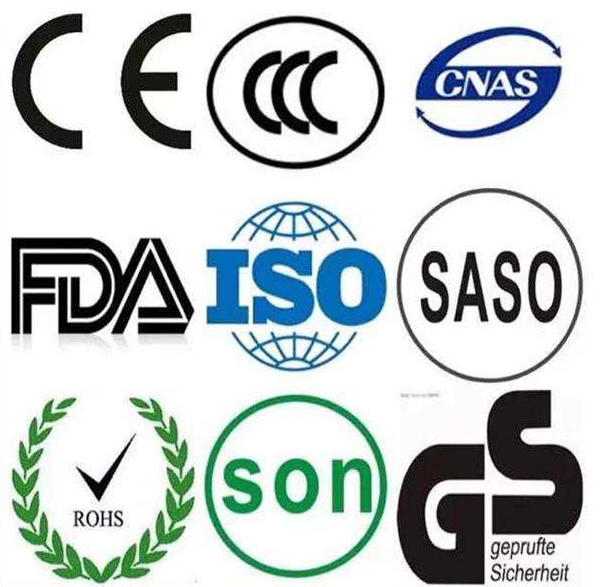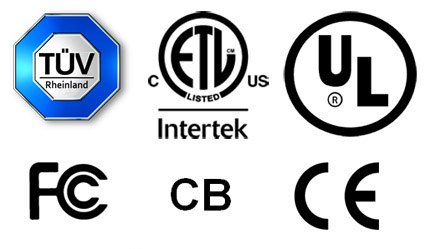"Essential Requirements to Secure a Mortgage Loan: Your Complete Guide"
Guide or Summary:Essential Requirements to Secure a Mortgage Loan: Your Complete GuideEssential Requirements to Secure a Mortgage Loan: Your Complete Guide……
Guide or Summary:
Essential Requirements to Secure a Mortgage Loan: Your Complete Guide
---
Securing a mortgage loan is often one of the most significant financial decisions you will make in your lifetime. Whether you're a first-time homebuyer or looking to refinance an existing mortgage, understanding the essential requirements to obtain a mortgage loan is crucial. This guide aims to provide you with a detailed overview of what you need to know to successfully navigate the mortgage process.
### Understanding Mortgage Loans
A mortgage loan is a type of loan specifically used to purchase real estate. The property itself serves as collateral for the loan, meaning if you fail to repay it, the lender can take possession of the property through foreclosure. Mortgage loans come in various forms, including fixed-rate, adjustable-rate, and interest-only mortgages, each with its own set of requirements and implications.

### Key Requirements to Secure a Mortgage Loan
1. **Credit Score**: One of the most critical factors in securing a mortgage is your credit score. Most lenders require a minimum credit score of 620 for conventional loans, while government-backed loans like FHA may accept scores as low as 580. A higher credit score can not only increase your chances of approval but can also result in lower interest rates, saving you money over the life of the loan.
2. **Income Verification**: Lenders need to ensure that you have a stable income to repay the mortgage. This usually involves providing recent pay stubs, tax returns, and W-2 forms. Self-employed individuals may need to provide additional documentation, such as profit and loss statements. Generally, lenders prefer a debt-to-income (DTI) ratio of 43% or lower, meaning your monthly debt payments should not exceed 43% of your gross monthly income.
3. **Down Payment**: The down payment is the initial amount you pay towards the purchase price of the home. While conventional loans typically require a down payment of 20%, there are options available for lower down payments, such as FHA loans that require as little as 3.5%. Keep in mind that a smaller down payment may require you to pay for private mortgage insurance (PMI), which adds to your monthly costs.

4. **Employment History**: Lenders prefer borrowers with a stable employment history. Generally, you should have at least two years of consistent employment in the same field. Any gaps in employment or frequent job changes can raise red flags for lenders.
5. **Property Appraisal**: Once you find a home and have an accepted offer, the lender will require a property appraisal to determine its market value. This is to ensure that the home is worth the amount you are borrowing. If the appraisal comes in lower than expected, you may need to renegotiate the purchase price or come up with a larger down payment.
6. **Documentation**: Be prepared to provide a variety of documents during the mortgage application process. This may include bank statements, proof of any additional income, and documentation regarding any debts you currently have. The more organized and thorough your documentation, the smoother the process will be.
7. **Loan Type**: Different types of loans come with different requirements. For example, VA loans for veterans have unique eligibility criteria, while USDA loans are designed for rural homebuyers and have income limits. Understanding the specific requirements of the loan type you are interested in can help you choose the best option for your situation.

### Conclusion
Navigating the mortgage loan process can be daunting, but understanding the essential requirements can make it easier. By focusing on improving your credit score, verifying your income, saving for a down payment, and gathering the necessary documentation, you can position yourself as a strong candidate for mortgage approval. Always consult with a mortgage professional to get tailored advice and explore the best options available to you. With the right preparation, you can successfully secure a mortgage loan and take a significant step toward homeownership.